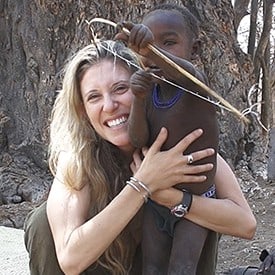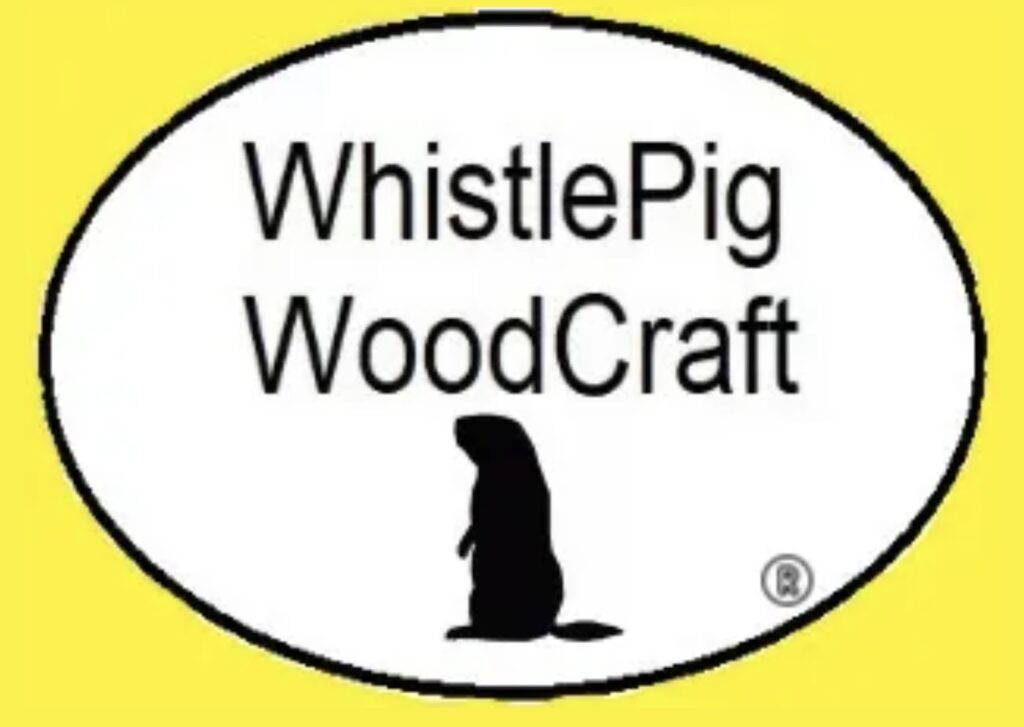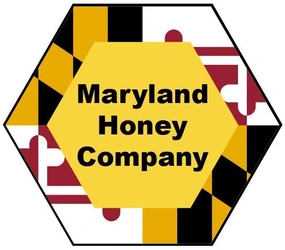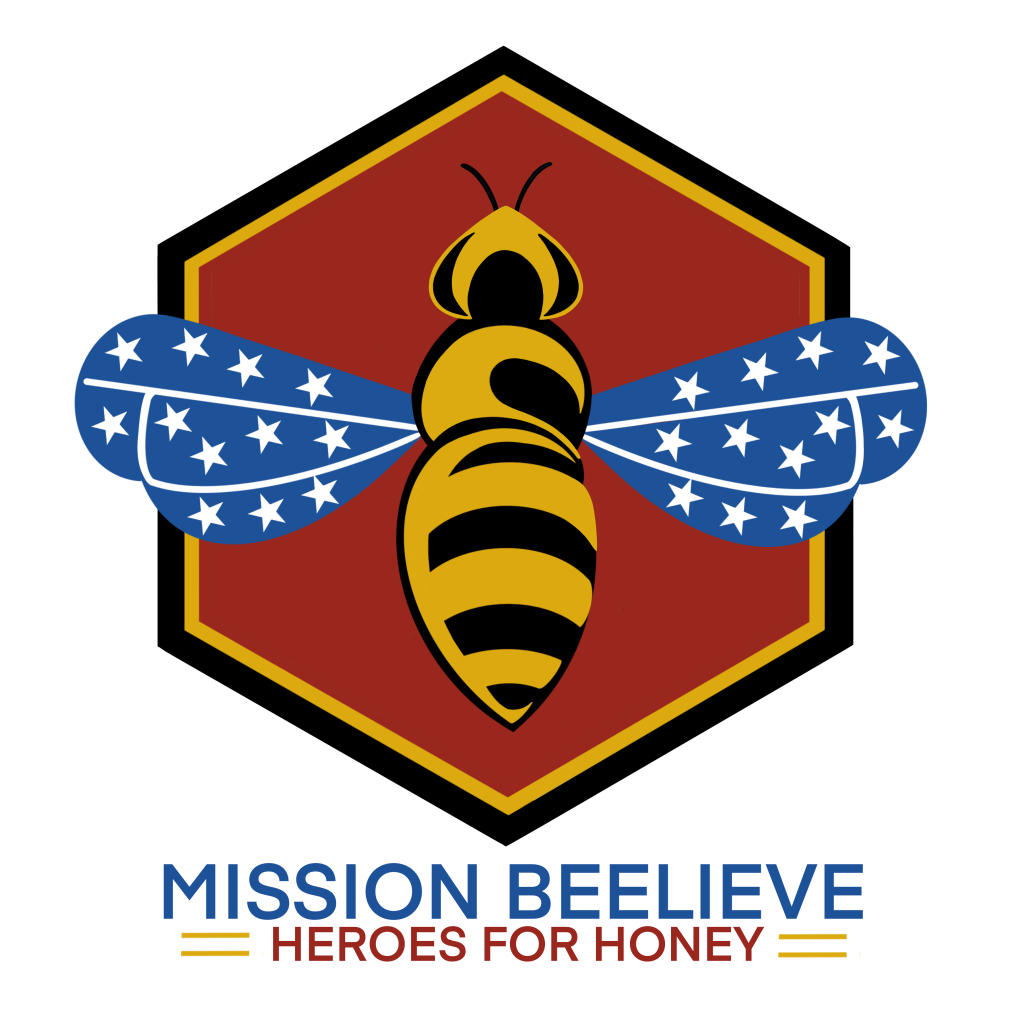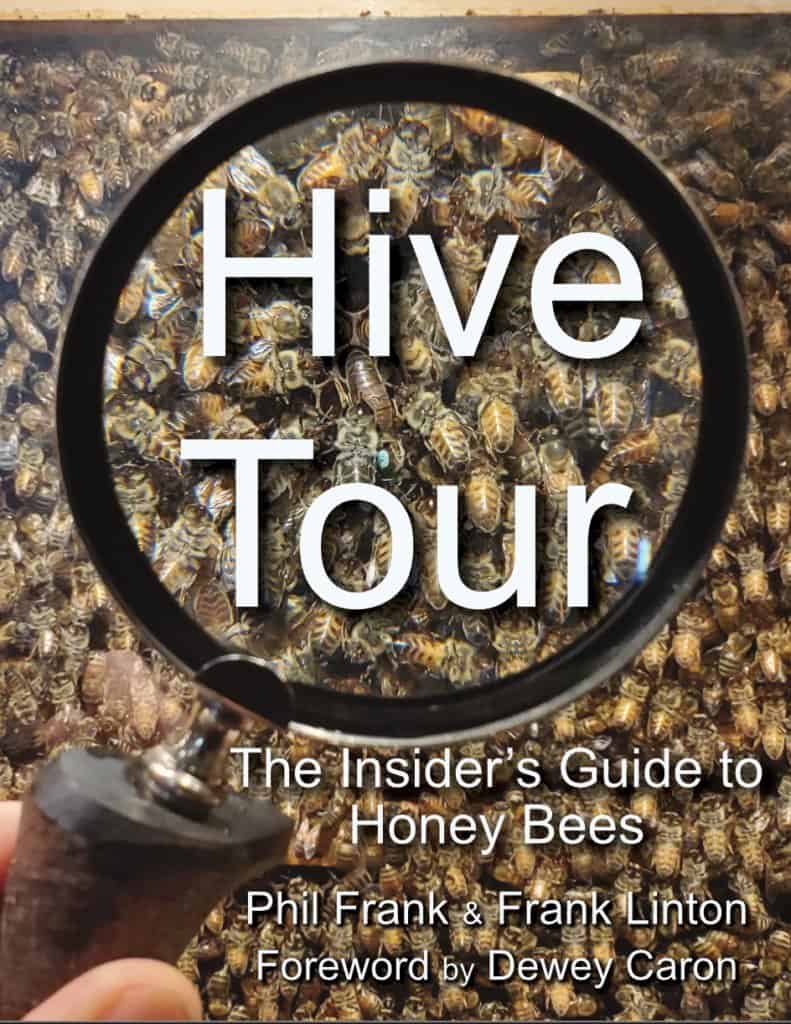View Recording & Transcripts Here
You must be logged in to view members' only materials.
Please login and return to this page. Thanks!
Join in-person or via Zoom
Alyssa Crittenden, is the nutritional anthropologist highlighted in Thor Hansons book, Buzz, The Nature and Necessity of Bees. Learn about honey hunters in Tanzania!
Danielle Downey, is the Executive Director, Project Apis m. Learn about the organization that is championing bees around the world!
David Schultz, EAS Master Beekeeper. Learn “Honey Bee Navigation, The Miracle and Mystery of Honey Bee Flight”
Cybil Preston "Maryland's Apiary Inspector's Report". Learn the current bee situation in our area.
VENDOR: Mission Beelieve will have an informational vendor table
VENDOR: Maryland Honey Company will have a vendor table to order nucs and packages
VENDOR: WhistlePig Woodcraft: Lots of woodenware for sale at the meeting: PLUS Pre-order NOW to save yourself a trip to Taneytown.
T-Shirts! Buy MSBA T-Shirts at the meeting and save on postage!
LOGISTICS / Zoom
| LOCATION | UMBC University of Maryland Baltimore County (link to directions and also a campus map |
| ADDRESS | 1000 Hilltop Circle, Baltimore, MD 21250. Parking is free, and there will be signage from the lot to the meeting in the Interdisciplinary Life Sciences Building CLICK for GPS to BUILDING. |
| BUILDING | Interdisciplinary Life Sciences Building. 116A |
| ROOM | Atrium, just inside first floor entrance to building |
| DAY | February 15, 2025 |
| TIME | 9AM - 2PM (Doors open at 8 :30 AM) |
| ZOOM | CLICK HERE when it's time to join the meeting via ZOOM |
AGENDA
| WHEN | WHAT | WHO |
| 8:30 | Doors Open / Coffee | |
| 9:00 | Opening and Welcome | Mary Laura Fitzgerald MSBA President |
| 9:15 | Apiary Inspector Report | Cybil Preston MD State Apiarist |
| 9:35 | "Honey Bee Navigation, The Miracle and Mystery of Honey Bee Flight” | David S. Schultz MSBA VP Master Beekeeper |
| 10:30 | Break | |
| 10:45 | Project Apis M | Danielle Downing Executive Director, Project Apis m |
| 11:45 | Lunch, LEARN, & Connect - Pizza, Salads, water provided by MSBA “Honey Hunters to Hive Keepers” | Alyssa Crittenden Anthropologist and Human Biologist |
| 12:40 | DOOR PRIZE! $25 Gift Certificate to Lappe's Bee Supply! | |
| 12:45 | Treasurer's Financial Report / ABF Report | Lisa Marie Ghezzi MSBA Treasurer |
| 1:00 | “Honey, Hunter - Gatherers, and the Hadzabe Tribe” | Alyssa Crittenden Anthropologist and Human Biologist |
| 2:05 | Meeting Adjourned | |
LECTURE TOPICS
Honey Bee Navigation, The Miracle and Mystery of Honey Bee Flight - David Schultz
We will explore the amazing and mysterious skills that the Honey Bee uses to navigate for the survival of her colony. We will discuss the experiments that were designed to clear up these mysteries and will also discuss the fascinating abilities that evolution has bestowed on her. Join this magical journey into the wonderous capabilities of man’s best partner. - Presented by David Schultz
Honey Hunters to Hive Keepers: the Role of Honey Bees in Human History - Alyssa Crittenden
Human beings across time and space have had a profound and enduring relationship with bees and their byproducts. Here, I delve into an array of early evidence of honey hunting, revealing how humans first harvested this natural sweetener from wild bee colonies and the pivotal role it played in prehistoric diets and survival. It will examine honey’s transition from a scarce, foraged resource to a cultivated product through the advent of beekeeping. We will consider honey’s cultural and symbolic significance, from its use in ancient rituals and medicine to its status as a sacred and healing substance in various traditions. By connecting the dots between honey's biological, ecological, and historical impacts, this presentation underscores how humanity’s partnership with bees has shaped diets, economies, and cultures throughout history.
Honey, Hunter-Gatherers, and the Hadzabe Tribe - Alyssa Crittenden
Honey and bee larvae are a critically important food for hunting and gathering communities all around the world (in ecosystems where they are available). This is particularly true for the Hadzabe foragers of Northern Tanzania - who have a long and extensive history with honey (from both stinging and stingless bees) as well as the greater honeyguide bird (Indicator indicator), who lead honey hunters to their spoils. We will explore the important role of honey in the diet of communities worldwide, focusing on the Hadzabe as a key example. We will discuss how it is collected, stored, and shared and end our discussion with a look to the future. Exploring how climate change is currently impacting access to this valued resource.
Project Apis m., the Industry's Best Kept Secret - Danielle Downey, Exec. Director, Project Apis m.
Led by a board of commercial beekeepers, since 2007 PAm has put over $13M into over 200 applied research projects and resources for beekeepers, $1.3M into scholarships for 21 graduate students, and another $4M to create over 103,000 acres of nutritious bee forage on the landscape. This year PAm is highlighting projects on emerging threats - like the Tropilaelaps mite that has not yet arrived in North America, and the Yellow Legged Hornet that was found in Georgia then spread to North Carolina. Come hear about PAm, and learn to recognize these invasive bee world baddies so you're on the lookout for them should they arrive in your apiaries. https://www.projectapism.org/about
BIOGRAPHIES

Dr. Alyssa Crittenden is an anthropologist and human biologist whose work explores the fascinating connections between diet, culture, and human evolution. A professor at the University of Nevada, Las Vegas, she has spent 20 years working with and among the Hadzabe (or Hadza), one of the last remaining hunter-gatherer communities in the world. Her research has uncovered insights into the role of honey in human history and highlights how honey has shaped human evolution, nutrition, and social behaviors over millennia.
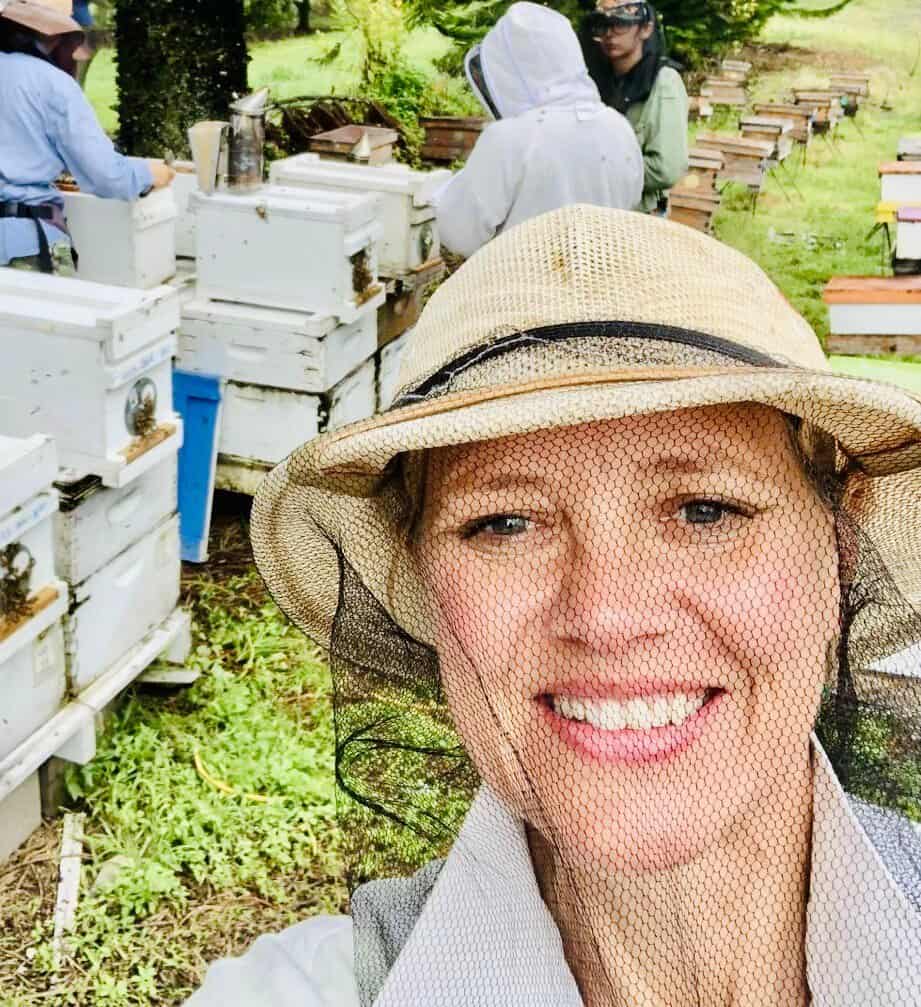
Danielle Downey began working with honey bees over 30 years ago, including training and research from bee labs in Minnesota, Canada and France, beekeeper education, work with commercial beekeepers and queen breeders, regulatory work as a State Apiarist in Utah and Hawaii, and wrangling bees for TV and film. She has also worked on breeding Varroa resistant bees in Hawaii for over a decade. As the Executive Director of Project Apis m., a nonprofit that funds applied honey bee research, she works closely with many industry stakeholders in the USA and Canada.
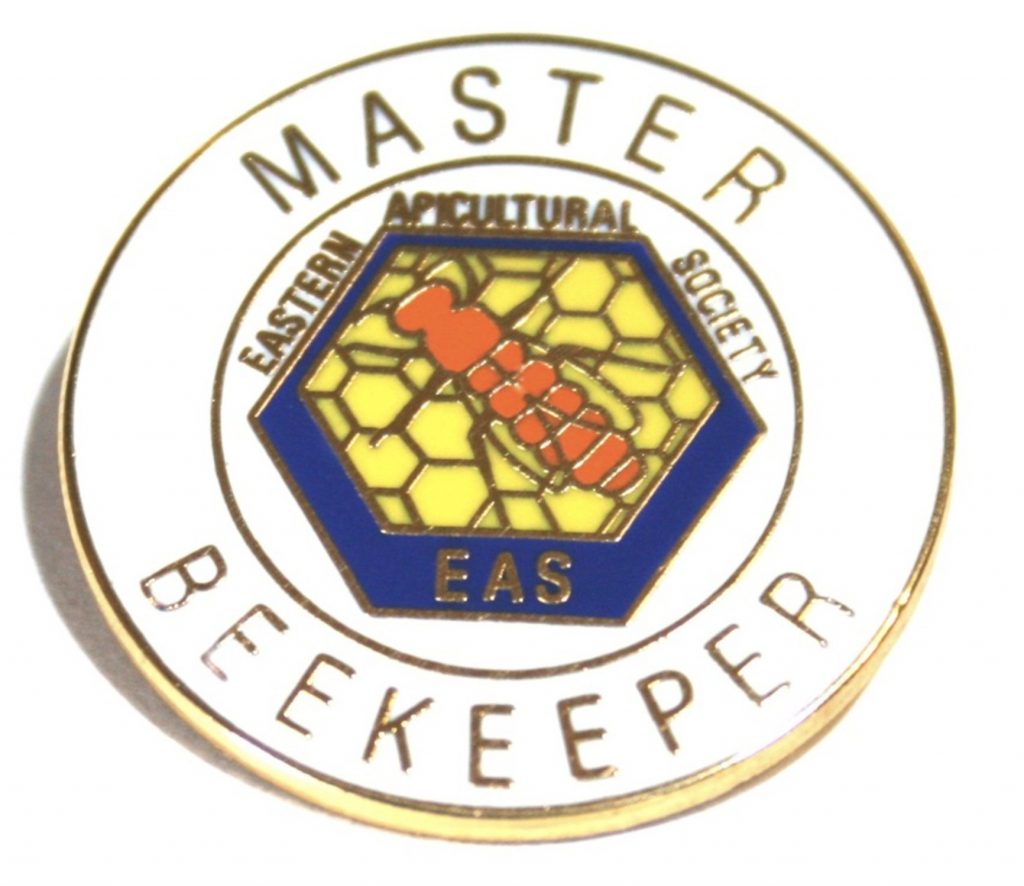
David Schultz took two beginner beekeeping courses in 2014 and began keeping bees that same year. In 2018 David became the VP for HCBA and in 2019 became a candidate and began his exams for the EAS Master Beekeeper program. After serving as HCBA President for 2 years, he is currently the past President of HCBA and is the current 1 st VP for the Maryland State Beekeepers Association (MSBA). In 2021 David was awarded the George W. Imirie award for Excellence in Beekeeping Education by the Maryland State Beekeepers Association. In the
spring of 2022 he became an apiary inspector for the Maryland Department of Agriculture. David became an EAS Certified Master Beekeeper in the summer of 2022.

